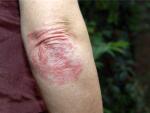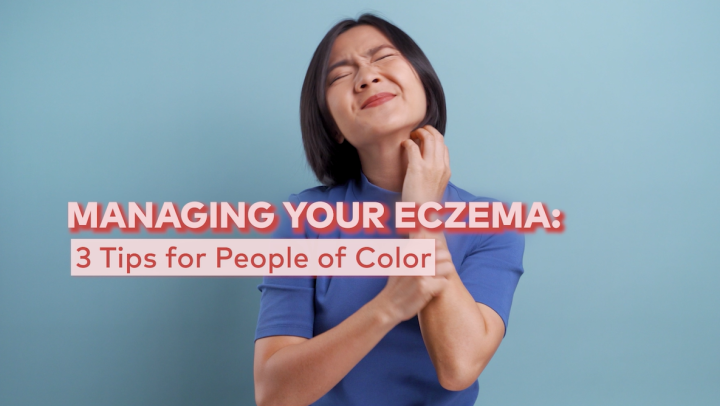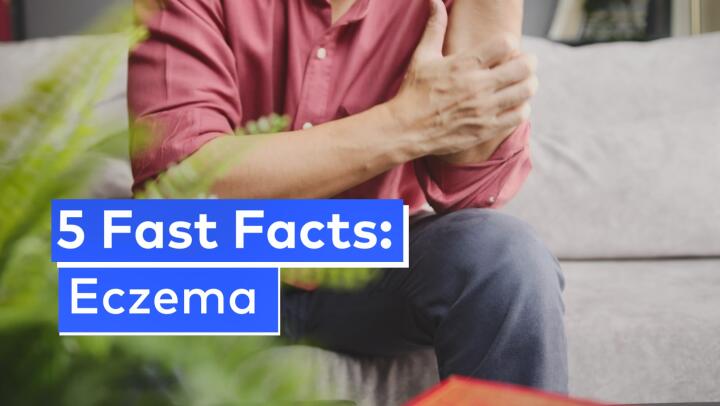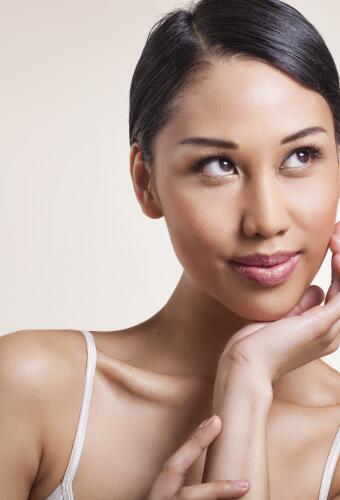This article explores several ways to lighten or eliminate dark spots, including natural treatments and ones your medical professional can prescribe. It also discusses several causes of dark spots, how to prevent them, and when to seek medical attention.
Natural treatments
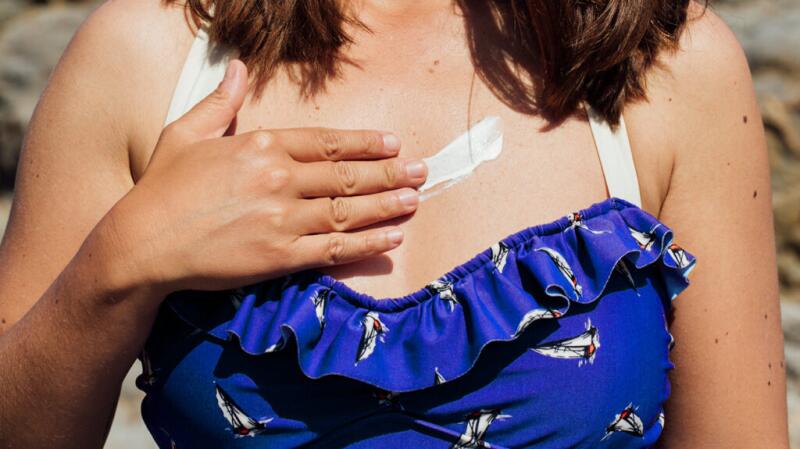
Little research has studied natural ingredients’ effects on areas of hyperpigmentation. However, studies show several plant-based ingredients with promising results.
Aloe vera and arbutin
Aloesin is a natural product found in the aloe vera plant. It appears to inhibit tyrosinase, an enzyme that helps produce melanin.
Arbutin is a natural glycoside found in the bearberry plant, which also appears to inhibit melanin.
A
Over 14 days, test applicants applied either aloesin, arbutin, or a combination of both ingredients to their forearms four times a day. Their skin was then exposed to UV radiation.
The results were that applicants who used the combination of both ingredients experienced greater pigmentation suppression. This shows promising results for future clinical studies.
Licorice extract
The main licorice compound, glabridin, is taken from the root of the herb Glycyrrhiza glabra linneva. This extract appears to lighten dark spots produced by overexposure to sun rays. It also has anti-inflammatory properties.
One study result shows that glabridin lightens skin
Mulberry extract
Mulberry extract comes from dried mulberry leaves.
One study in the review also showed positive results when treating melasma with mulberry extract oil.
Lignin peroxidase
Lignin peroxidase is an enzyme derived from the tree fungus Phanerochaete chrysosporium. The enzyme works by oxidizing and breaking down melanin.
Another study confirms that lignin peroxidase lightens the skin as equally as hydroquinone. It also helps improve the clarity, radiance, and texture of skin overall.
Kojic acid
Kojic acid is derived from various types of fungi. A 2019 review of several studies found that kojic acid was a safe and effective treatment for hyperpigmentation.
The same review noted that the Cosmetic Ingredient Review Expert Panel deemed kojic acid a safe ingredient in concentrations up to 1%. In concentrations greater than 1%, kojic acid can cause side effects like skin irritation and pain.
Bakuchiol
Bakuchiol is a plant-based retinol that may help lighten dark spots while resulting in less skin irritation than traditional retinol. A
The results suggested that bakuchiol was as effective at decreasing wrinkles and hyperpigmentation as retinol, resulting in fewer side effects.
As bakuchiol is a newer ingredient in skin care, more studies may be necessary to fully explore its potential benefits or risks.
Medical treatments
Medical treatments include prescription medications and in-office treatments. The list below outlines some possible options.
Triple combination therapy or hydroquinone alone
The gold standard treatment for dark spots includes triple combination cream that includes hydroquinone, tretinoin, and corticosteroid or using hydroquinone alone.
Hydroquinone appears to inhibit the production of melanin and helps break it down. Research shows that
Retinoids
Another option for treating dark spots includes retinoids.
Retinoids are thought to inhibit the production of proteins that help your body produce melanin.
Retinoid products can make your skin more sensitive to sunlight. Make sure to take extra precautions when going outside.
Tranexamic acid
Tranexamic acid (TXA) is a medication that helps treat blood clots. However,
If you have tried other methods of lightening your dark spots, talk with your medical professional about trying TXA.
Other options
Several options exist that you may find helpful for lightening any dark spots.
Laser treatments use concentrated light energy on the skin. Some treatments remove the darker skin layer by layer, while others focus on the pigment. However, they carry risks such as swelling, scarring, and infection.
Chemical exfoliating products break up dead skin cells on the top layer of the skin. Sometimes removing the top layer helps remove dark spots and creates a more even-toned look. However, these, too, can cause skin irritation.
Causes of dark spots
Dark spots develop when your skin produces excess melanin or when melanin deposits in your skin increase. Females between
The following factors can contribute to dark spots:
- age
- exposure to the sun
- hormonal changes due to contraceptives or pregnancy
- genetic predisposition
- certain medications
- autoimmune disorders
Preventing dark spots
Protecting your skin from excess sun exposure is the best way to prevent dark spots. The American Academy of Dermatology Association suggests using a sunscreen that offers:
- a minimum SPF of 30
- broad spectrum protection
- ingredients like titanium dioxide and zinc oxide
Apply sunscreen 30 minutes before going outside and every 2 hours while in the sun.
Other ways to protect your skin include wearing wide-brimmed hats and clothes that protect your skin from the sun. If you are outside for long periods, try to find shade.
Learn more ways to protect your skin from sun.
When to see a dermatologist
Dark spots on the skin are typically not serious. However, differentiating between a dark spot and skin cancer can sometimes be difficult.
Contact a dermatologist if you have concerns about an area of your skin.
Warning signs that you need to seek medical care include:
- itching
- bleeding
- changes in size, color, or texture
Summary
Dark spots on your skin occur when your body makes extra melanin pigment. They are usually not harmful, and there are several methods of lightening dark spots.
Several plant extracts have promising results according to recent studies about ways to lighten skin. The typical treatment for dark spots includes a combination cream of hydroquinone, tretinoin, and corticosteroid.
Other treatments are also available such as laser treatments. However, all treatments carry certain risks you can discuss with your dermatologist.
Protecting your skin from the sun is the best way to prevent dark spots. Speak with your dermatologist if you have concerns about any dark spots.




